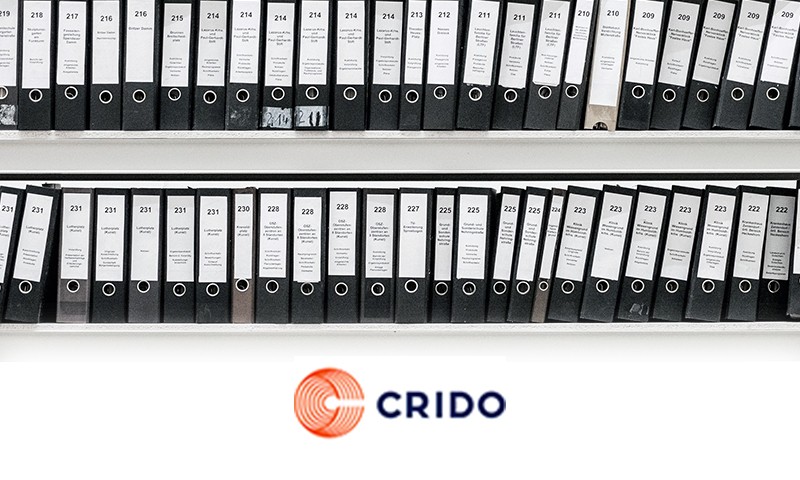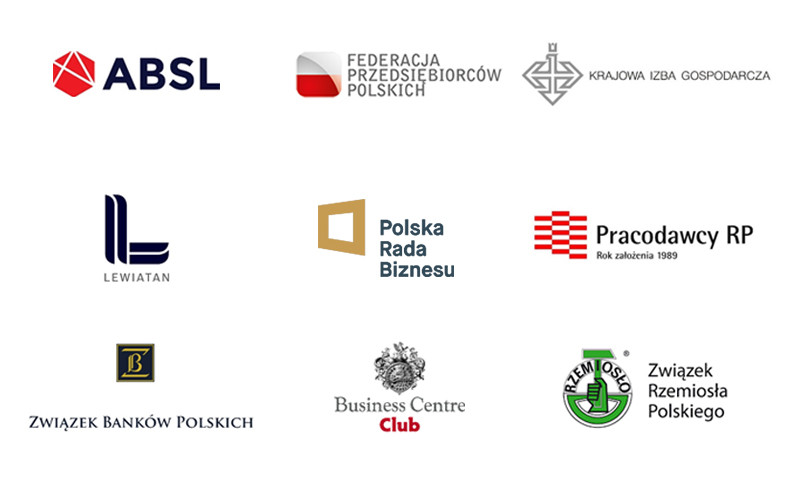Future finance: moving beyond boundaries
The AICPA & CIMA Future of Finance 2.0 research finds the rise of the hybrid professional, new ethical and regulatory considerations, and more.
By Rebecca McCaffry, FCMA, CGMA 21 September 2023:
One of the clearest messages from the Future of Finance 2.0 research programme and its emerging themes report is that finance professionals are working across traditional functional boundaries to create value for the organisations in which they work.
We describe ourselves in terms that could have shocked previous generations of accountants: innovators, entrepreneurs, and architects. In earlier times, our tenacious grip on the rulebook saw nothing positive in combining the words "creative" and "accounting". Today, though, we realise that developing creativity in finance teams can help us break through barriers.
Accountants have moved on from their grey-suited roots — but do our stakeholders see that? There is still a dichotomy between our self-image as a forward-thinking dynamic profession and the restrictive gatekeeper/scorekeeper perception sometimes held by others, which is a barrier to progress.
Finance business partnering is a familiar concept that seeks to break through functional boundaries. Yet the relationship can easily revert to passive "assisting" rather than active "partnering". Being an effective finance business partner requires not only proficiency with the accountant's technical toolkit, and knowledge of the business and business acumen, but also confidence in the softer skills of communication, negotiation, and empathy.
Hybrid professionals — leaders who have expanded their finance remit to include HR, IT, data, or operations responsibilities — have begun to challenge professional boundaries as well. Promotion and career development are no longer aimed exclusively at obtaining the CFO role. AICPA members and CIMA members hold a wide range of leadership roles, and in the current economic situation, the career-accelerating effect of a strong financial skillset should not be underestimated.
In today's AI-powered world, the question of ethical boundaries frequently arises. The existing ethics of AI are closely linked to more general business ethics. However, given the huge potential impact of AI upon people, a widening of that ethical scope seems appropriate. The profession of the (very near) future will need to give serious consideration to societal and moral concerns, putting aside a strict focus on business competition in favour of a collaborative, greater-good approach.
Our research finds that the work of finance professionals is beginning to cross organisational boundaries, aiming to better understand how business operations may, for example, incentivise climate destruction, as well as the true cost of those operations on people, planet, and profit. Again, to understand this effectively, we must take the bigger-picture approach — focusing on industries, regions, and countries rather than individual companies.
Kate Raworth's 2017 book, Doughnut Economics, goes a step further, warning against overshooting our irreplaceable planetary boundaries (the Earth's ecological limits) through a profit focus. Instead, she proposes a new goal of meeting the needs of all within the means of the living planet. We all recognise that finance will have a role to play, although the scope of this role is not yet clear.
One way to address that scope, however, could be to challenge our beloved regulatory boundaries — examples of this are the IFRS S1 and IFRS S2 global sustainability standards that launched in June. Forward-thinking accountants see these standards as a starting point, rather than an easy target or tick-box compliance exercise.
Perhaps the single most important boundary to push is the mindset boundary. Back in 2019, our research paper, Re-inventing Finance for a Digital World, proposed adoption of the "digital mindset", where we confront complexity, work in an agile and creative manner, and harness curiosity to continually learn. This still holds true today. By breaking free of our traditional professional boundaries, we challenge others to broaden their minds and change their perception of us. By going above and beyond our safe, familiar core duties, we will transcend those boundaries.
— Rebecca McCaffry, FCMA, CGMA, is associate technical director, Research & Development–Management Accounting, at AICPA & CIMA, together as the Association of International Certified Professional Accountants. She is currently leading AICPA & CIMA's Future of Finance 2.0 research programme, which explores the future state of the finance profession and its wider ecosystem, defining essential skills, competencies, and knowledge. For more information on the project, email FutureofFinance@aicpa-cima.com. To comment on this article or to suggest an idea for another article, contact Oliver Rowe at Oliver.Rowe@aicpa-cima.com.









